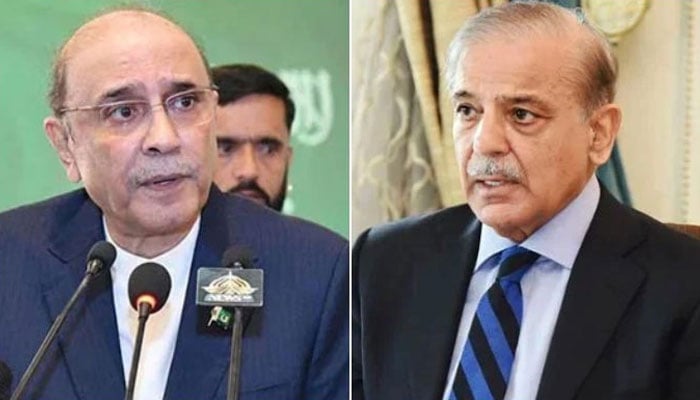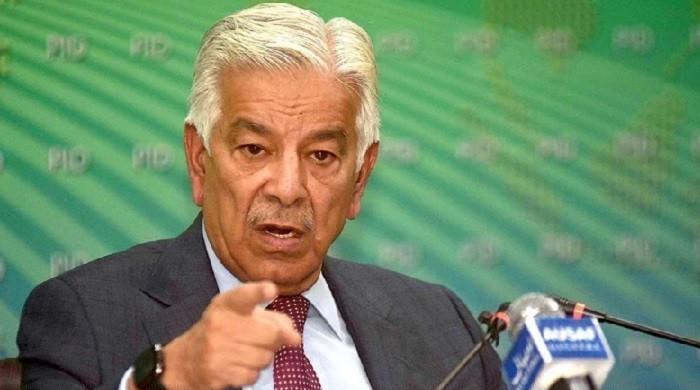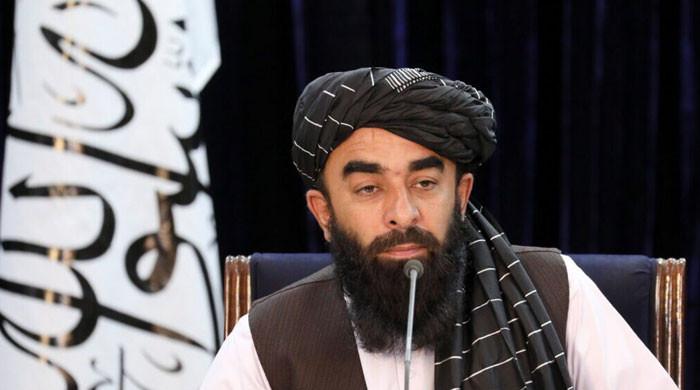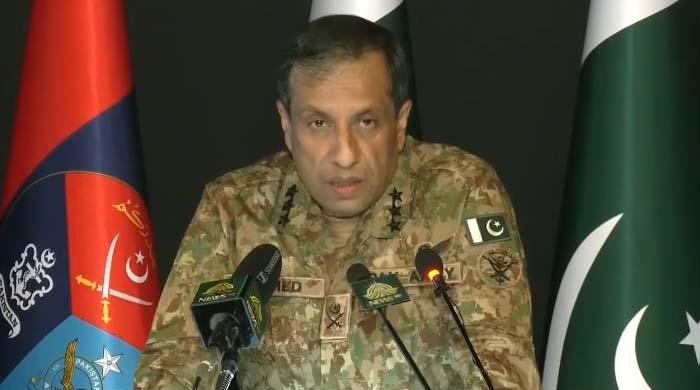2005 quake anniversary: President, PM vow enhanced disaster preparedness
NDMA crafted "state-of-the-art" centre for early warning and risk assessment, says President Zardari
October 08, 2025

- Our national response became more coordinated, robust: president
- Govt continues to stand firmly with the people in times of crisis: PM
- National Resilience Day is observed on 8th October every year.
On the 20th anniversary of the devastating earthquake of October 8, 2005, President Asif Ali Zardari and Prime Minister Shehbaz Sharif reaffirmed the government's vision to strengthen the national capacity for disaster risk reduction and protect vulnerable segments of society.
In their separate statements on the occasion of National Resilience Day being observed today, they paid tribute to the whole nation for recovering from the devastating earthquake in 2005, with courage and unity.
October 8 is commemorated annually in Pakistan in memory of the victims of the deadly 7.6 magnitude earthquake that claimed the lives of over 87,000 people on the same date in 2005.
“On 8th October each year, we remember the devastating earthquake of 2005, which claimed over 80,000 precious lives, injured countless others, and left millions homeless. We also pay tribute to those who came together in solidarity and endured the devastating impacts of all-natural and induced disasters in Pakistan’s archives,” the president stated.
He said that Pakistan National Disasters Management Authority has crafted a "state-of-the-art" National Emergencies Operation Centre (NEOC) — harnessing advanced technology for early warning and risk assessment.
"Our national response has become more coordinated and robust," the president added.
“From the ashes of disaster, we have rebuilt schools, hospitals, and homes. We have learned that true strength lies not in avoiding adversity but in overcoming it with faith, unity, and innovation. As we look ahead, let us forge a nation where no disaster can break our resolve.”
The president also spoke out on global carbon emissions, saying that Pakistan, like many other small developing economies, continues to bear a disproportionate share of its consequences.
In his message, PM Shehbaz reflected on the immense human and infrastructural losses suffered two decades ago, and paid tribute to the “incomparable courage” with which the Pakistani nation responded to the catastrophe.
“The devastating earthquake of 2005 remains etched in our collective memory, a tragedy that reshaped communities and validated the strength, compassion, and resilience of the people of Pakistan,” PM Shehbaz said.
The prime minister also acknowledged the repeated tests of national resolve in the face of climate-induced disasters, referencing this year’s severe monsoon floods, which displaced millions and caused large-scale damage across the country.
“Alhamdulillah, we once again exhibited our traditional resilience against climate-induced natural hazards,” he said, adding that the government continues to stand firmly with the people in times of crisis.
“Floods, earthquakes, heatwaves, forest fires, droughts, urban flooding, and glacial melts are all stark reminders of the risks we face. Building resilience in such a complex environment demands a comprehensive and proactive approach enabled by reliable data, advanced risk analyses, and targeted preparedness,” he said.
Urging citizens to take active roles in local disaster preparedness efforts, the prime minister also advocated for sustainable practices to mitigate future risks and safeguard vulnerable communities.











